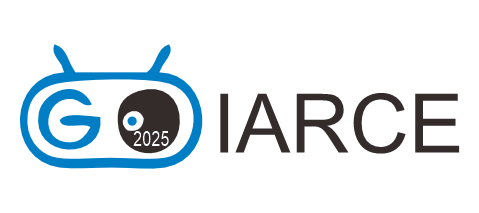IARCE 2024 Speakers

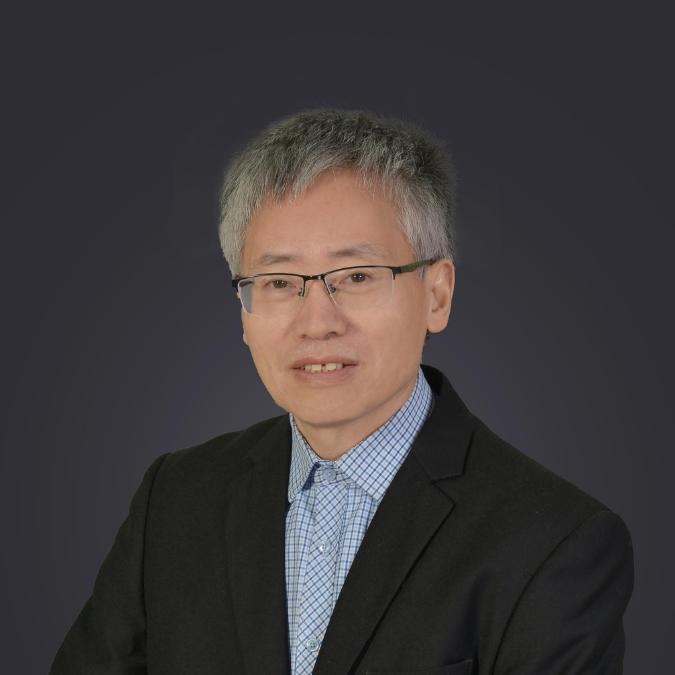
Prof. Dezhong Yao
University of Electronic Science and Technology of China, China
AIMBE Fellow
Brief Introduction: Dezhong Yao received PhDs from Chengdu University of Technology (1991) and Aalborg University (2005). He became a faculty member with University of Electronic Science and Technology of China(UESTC)since 1993, a full professor since 1995. He won the NSFC ‘Outstanding Youth Research Found’ in 2005, selected as Yangtze River Scholar Professor in 2006. He innovated the REST technique for zero EEG reference at infinity, and proposed the concept of ‘Brain-Apparatus Communication’ (BAC) to integrate brain-computer interaction and brain-internal organ interaction. He set up the School of Life Science and Technology at UESTC in 2001. He has cultivated 50+ PhD,published 6 books including “The Physics and Mathematics of Electroencephalogram(CRC Press, 2024)” , 200+ journal papers with Google scholar citation>19000, hosted 20+ conferences including 20th IOP (2021), presented 100+ talks. He is the Fellow of American Institute for Medical and Biological Engineering (AIMBE), the winner of the Roy John Award of the EEG and Clinical Neuroscience Society, the chief-editor of the BAC journal. He is the chairman of the Chinese EEG Consortium, the previous vice-chairman of the Chinese Society of Biomedical Engineering.
Speech Title: Musical Neuromodulation 3.0
Abstract: Based on our years’ work, the talk is supposed to firstly introduce the basic definition of neuromodulation, and then along with music as the modulation field, supposed three generations of music neuromodulation are illustrated: Generation 1.0 open-loop music neuromodulation and its application for cognition and aging protection; Generation 2.0, scale-free brainwave music based closed-loop music neuromodulation technique and its potential application; and Generation 3.0, brain-apparatus communication(BAC)based music neuromodulation and its potential application in rehabilitation.

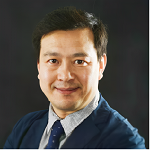
Prof. Honghai Liu
Harbin Institute of Technology, Shenzhen, China
IEEE Fellow, IET Fellow and JSPS Fellow
Brief Introduction: Honghai Liu (Member, Academia Europaea; Fellow, IEEE/IET), received the PhD in intelligent robotics from King’s College London, UK. He is a Professor at State Key Lab of Intelligent Technology and Systems, HIT Shenzhen; He is also a Professor at the University of Portsmouth, UK. He is interested in multimodal sensing, neurorobotics and embodied intelligence for theory and applications with an emphasis on approaches that could make contribution to the intelligent connection of perception to action using contextual information. He has authored/co-authored more than 400 peer-reviewed journals and conference papers with several best paper awards.
Speech Title: Multimodal Sensing and Understanding for Motor-impaired Research and Applications
Abstract: The talk first presents the state of the art in multimodal sensing and understanding for motor-impaired research with focuses on neuroprosthetics and afterstroke rehabilitation. It then discusses principles of individual sensing modalities, their combination and their pathways to motor cortex during muscle contraction. Next the talk focuses on wearable sonomyography for neuroprosthetic control and corticomuscular coherence based assessment for afterstroke rehabilitation. The talk is concluded with future directions and challenges.

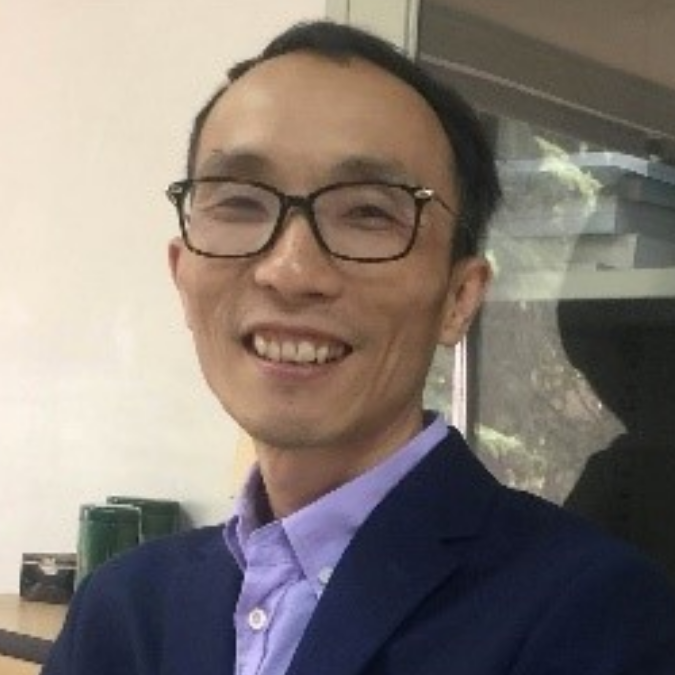
Prof. Badong Chen
Xi'an Jiaotong University, China
Brief Introduction: Badong Chen received the Ph.D. degree in Computer Science and Technology from Tsinghua University, Beijing, China, in 2008. He is currently a professor with the Institute of Artificial Intelligence and Robotics, Xi'an Jiaotong University, Xi'an, China. His research interests are in signal processing, machine learning, artificial intelligence and robotics. He has authored or coauthored over 300 articles in various journals and conference proceedings (with 14000+ citations in Google Scholar), and has won the 2022 Outstanding Paper Award of IEEE Transactions on Cognitive and Developmental Systems. Dr. Chen has served as a Member of the Machine Learning for Signal Processing Technical Committee of the IEEE Signal Processing Society, and serves (or has served) as an Associate Editor for several journals including IEEE Transactions on Neural Networks and Learning Systems, IEEE Transactions on Cognitive and Developmental Systems, IEEE Transactions on Circuits and Systems for Video Technology, Neural Networks and Journal of The Franklin Institute. He has served as a PC or SPC Member for prestigious conferences including UAI, IJCAI and AAAI, and served as a General Co-Chair of 2022 IEEE International Workshop on Machine Learning for Signal Processing.
Speech Title: Information Theoretic Learning
Abstract: Information theory has attracted increasing attention in the fields of machine learning and signal processing in recent years. Novel information theoretic approaches have been proposed for different learning problems, such as supervised learning with the minimum error entropy (MEE) criterion, and representation learning with the information bottleneck (IB) principle. This talk introduces the basic principles and algorithms of information theoretic learning (ITL), and discusses the applications in different fields such as brain inspired computing, brain computer interfaces and brain disease diagnosis.

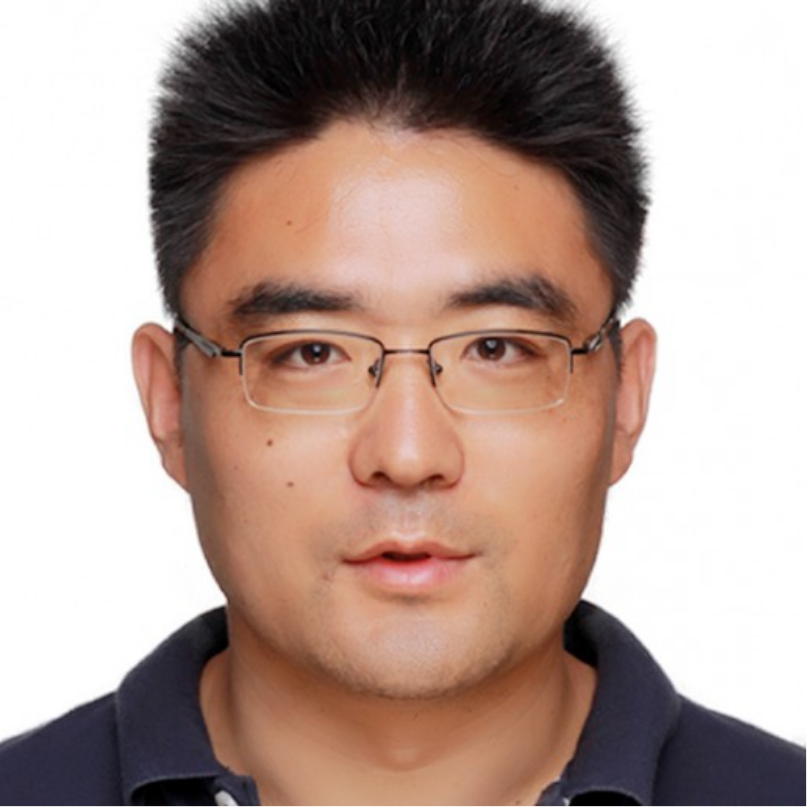
Prof. Xingming Zhao
Fudan University, China
Brief Introduction: Xing-Ming Zhao received his PhD degree from the University of Science and Technology of China. Currently, he is a distinguished professor and vice dean of the Institute of Science and Technology for Brain Inspired Intelligence, Fudan University, China. He is also the chair of Shanghai Society for Bioinformatics. He focuses on the interdisciplinary research between biomedicine and artificial intelligence. He has published more than 150 papers in peer-reviewed journals, e.g. Nature and Cell. He is the senior member of IEEE, Co-Chair of IEEE SMC Technical Committee on Systems Biology and Vice-Chair of ACM SIGBIO China. He is also the lead guest editor and the editorial member of several journals, e.g. IEEE/ACM TCBB, Neurocomputing, Journal of Theoretical Biology, IET Systems Biology, and so on.
Speech Title: Data Driven Exploration of Brain Disorders
Abstract: In this talk, I’ll introduce our recent work on brain disorders. Especially, I’ll present our works on noncoding mutations and their regulations underlying brain disorders, and hot to explain their roles in various brain traits. I’ll also introduce two subtypes identified for autism, a developmental brain disorder, based on gut microbiome, image and behavior data, which is important for future precise intervention and prevention of the disorder.
